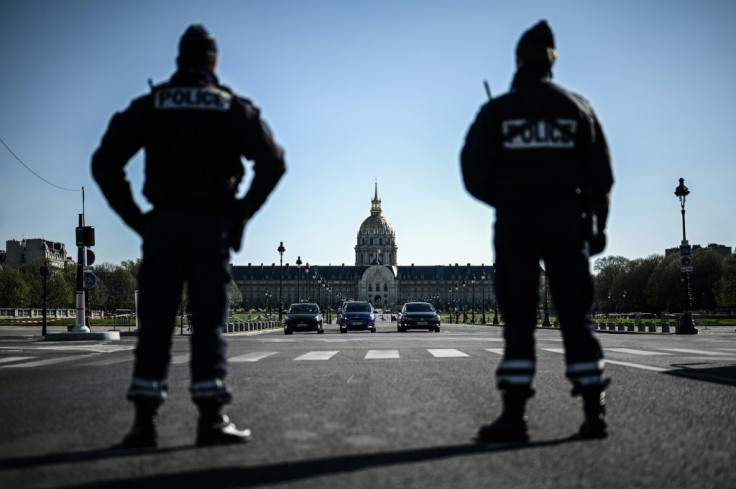Virus Lockdown Makes Big Dent In Paris Air Pollution: Report

France's stay-at-home orders to combat the coronavirus outbreak have produced a 20 to 30 percent decline in overall air pollution levels in Paris, according to a report from the region's air quality monitoring agency.
The lockdown has taken countless cars and delivery trucks off the roads since coming into effect on March 17, and massively reduced the number of flights at the two airports serving the capital.
The Airparif report said that just two days after the self-confinement began, it registered "a 20 to 30 percent improvement in air quality in the Paris metropolis, after nitrogen oxide emissions dropped by more than 60 percent."
Major thoroughfares saw the biggest improvements, with pollution levels falling to those normally seen only in the city's parks.
"This decline in air pollution was accompanied by a drop in carbon dioxide, a greenhouse gas, underscoring the links between these two problems and the joint benefits for the climate of any improvement in air quality," Airparif said.
It noted, however, that the lockdown had not led to marked declines in so-called PM2.5 and PM10 particles, the smallest and most harmful air pollutants, which can penetrate deep into the lungs and even enter the bloodstream.
Airparif said increased home heating as colder weather set in, combined with continued agriculture activities in surrounding areas, had kept the particulate levels from declining.
"But thanks to the sharp traffic declines, the levels did not increase to alert levels, which would probably have been the case in normal conditions," it said.
© Copyright AFP {{Year}}. All rights reserved.





















